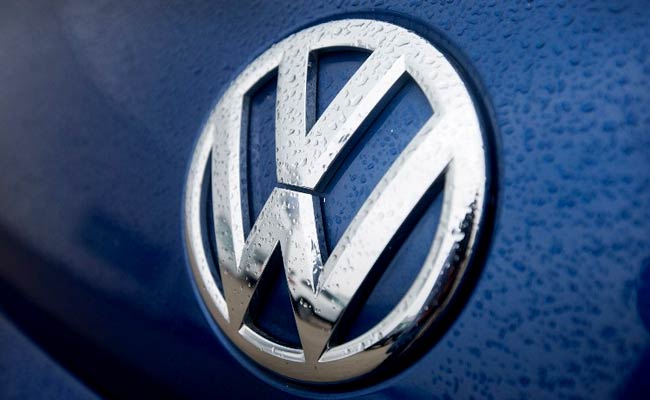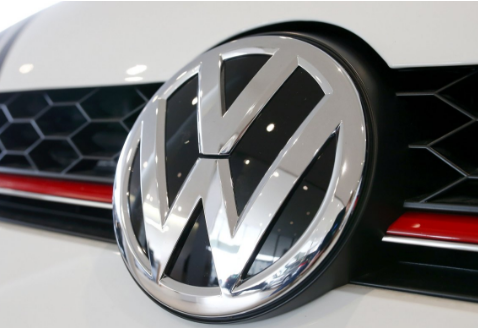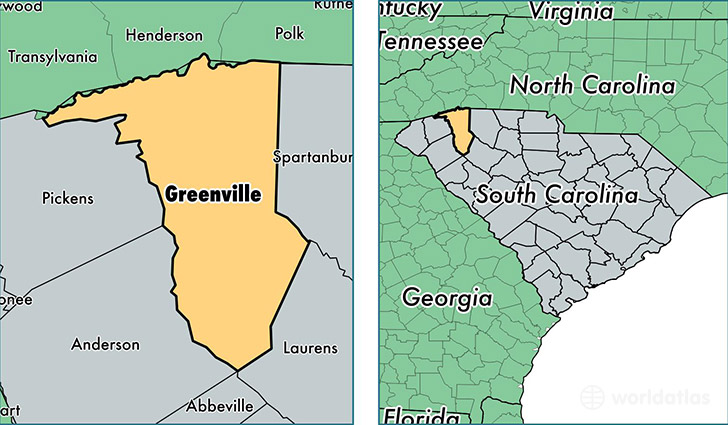Now Reading: Volkswagen Faces Lawsuit For Selling Prototypes Unfit For The Road
-
01
Volkswagen Faces Lawsuit For Selling Prototypes Unfit For The Road
Volkswagen Faces Lawsuit For Selling Prototypes Unfit For The Road

A lawsuit filed by three car purchasers last month in Federal District Court in Alexandria, Va., alleged the Volkswagen of defrauding consumers by selling early prototypes not certified for sale by regulators. The suit contends that the automaker concealed such details from dealers and customers. The case is based in part on internal emails that the plaintiffs claim indicates Volkswagen officials knowingly passed the vehicles on to dealers as “certified pre-owned” vehicles when the vehicles had to be destroyed or exported.
Ricardo Garcia, one of the car purchasers, stated he assumed he was getting a deal when he paid $39,000 — about $1,500 less than the sticker price — for a 2016 Golf R hatchback that had been driven just 9,430 miles. What he didn’t know was that the vehicle had been used for months as a test vehicle by Volkswagen workers and automotive journalists. It also had changes that did not meet United States safety standards.
“I paid more for it than I should have, and now I can’t even drive it legally,” stated Mr. Garcia, a project manager for an air-conditioning company located in Seattle.
Volkswagen has acknowledged inappropriately selling pre-production, or what the industry refers as “zero series,” cars. In 2018, it recalled 252 such vehicles, including Mr. Garcia’s Golf, that were sold to US customers.
“We issued the recall not because of any identified fault but out of an abundance of caution,” the company stated on Friday. Volkswagen said it was reviewing the lawsuit, which it stated contained “numerous factual misrepresentations”.
The company issued a similar recall in Germany in December and recognized selling at least 6,700 pre-production cars from 2006 to 2018.
The lawsuit asserts that the company sold thousands of these cars in the United States from 2011 to 2016, when it appears to have put an end to the practice as the emissions scandal cast a public spotlight on its business practices.
Stay Informed With the Latest & Most Important News
Previous Post
Next Post
Previous Post
Next Post
-
 01Polestar Boss Says It’s Time To Outrun BMW M And Mercedes-AMG
01Polestar Boss Says It’s Time To Outrun BMW M And Mercedes-AMG -
 02Spy Shots: 2027 Mitsubishi Pajero Spotted in Testing Ahead of Possible U.S. Return
02Spy Shots: 2027 Mitsubishi Pajero Spotted in Testing Ahead of Possible U.S. Return -
 032026 Toyota Hilux EV: A Powerful Truck with Silent Torque
032026 Toyota Hilux EV: A Powerful Truck with Silent Torque -
 04Spy Photos: VW ID. Polo GTI Goes Electric with 223 HP and 280 Miles of Range
04Spy Photos: VW ID. Polo GTI Goes Electric with 223 HP and 280 Miles of Range -
![2027 Mercedes-Benz S-Class Debuts with V8 Engine [Photo Gallery]](https://speedlux.com/wp-content/uploads/2026/01/2027-Mercedes-Benz-S-Class-33-155x125.jpg) 052027 Mercedes-Benz S-Class Debuts with V8 Engine [Photo Gallery]
052027 Mercedes-Benz S-Class Debuts with V8 Engine [Photo Gallery] -
 06The Controversial Ford Voodoo V8 That Was Killed Off Too Early
06The Controversial Ford Voodoo V8 That Was Killed Off Too Early -
 07Hyundai Palisade’s Breakout Year Shows How Quickly the Market Can Turn
07Hyundai Palisade’s Breakout Year Shows How Quickly the Market Can Turn


![2027 Mercedes-Benz S-Class Debuts with V8 Engine [Photo Gallery]](https://speedlux.com/wp-content/uploads/2026/01/2027-Mercedes-Benz-S-Class-33-700x394.jpg)










































